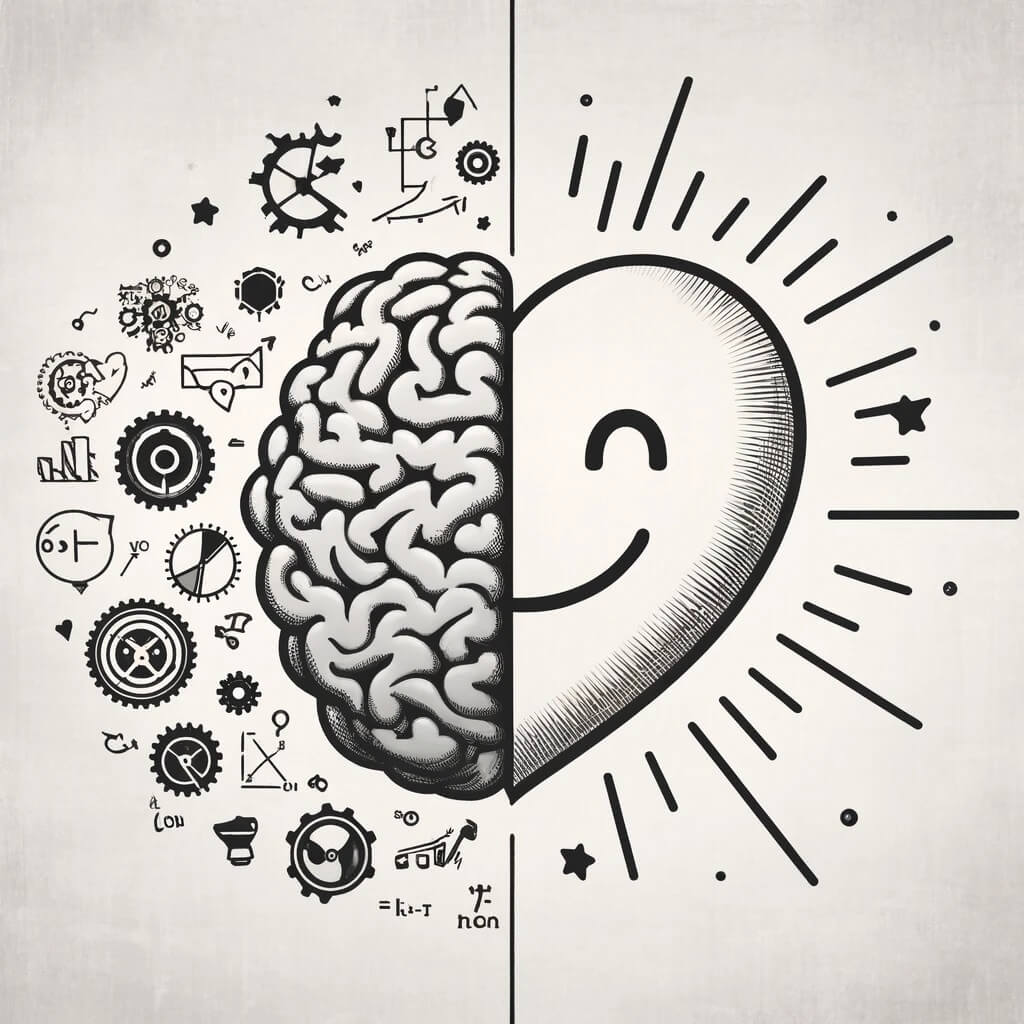
Why Being Smarter Doesn’t Guarantee a Happier Life: Unveiling the Truth
Introduction
We often hear that intelligence is the key to a successful and happy life. However, many intelligent individuals struggle with finding true happiness. This paradox raises an important question: why doesn't being smarter guarantee a happier life? In this blog post, we will explore the intricate relationship between intelligence and happiness, shedding light on the reasons why high IQ does not always equate to emotional well-being.
Understanding Intelligence
Intelligence is commonly measured by IQ (Intelligence Quotient), which assesses cognitive abilities such as logical reasoning, problem-solving, and analytical skills. However, there's another crucial type of intelligence called EQ (Emotional Quotient), which involves understanding and managing emotions effectively. While IQ can open doors to academic and professional success, EQ plays a significant role in our overall happiness.
Research Insights on Intelligence and Happiness
Numerous studies have investigated the link between intelligence and happiness. Surprisingly, the findings reveal that high IQ individuals often report lower levels of happiness. For instance, a study published in the Journal of Personality and Social Psychology found that people with higher cognitive abilities experience more anxiety and social isolation, which can negatively impact their overall well-being.
The Psychological Impacts of High Intelligence
-
Overthinking and Anxiety: Intelligent people tend to overanalyze situations, leading to increased stress and anxiety. Their ability to foresee potential problems can make them more prone to worrying about future uncertainties.
-
Perfectionism: High achievers often set unrealistic standards for themselves. This perfectionism can result in constant dissatisfaction and a fear of failure, hindering their ability to enjoy life’s simple pleasures.
-
Existential Concerns: Smart individuals are more likely to ponder deep existential questions, which can lead to feelings of nihilism or existential dread. This can be emotionally draining and contribute to a sense of unhappiness.
Social and Emotional Challenges
-
Social Isolation: Highly intelligent individuals may struggle to connect with peers who don't share their interests or intellectual level, leading to feelings of loneliness and isolation.
-
Emotional Sensitivity: People with high EQ can be more sensitive to the emotions of others, making them more susceptible to emotional stress and burnout.
-
Expectations and Pressure: Society often places high expectations on intelligent individuals, which can create immense pressure and a fear of disappointing others.
Strategies for Enhancing Happiness
-
Cultivating Emotional Intelligence: Developing EQ can help intelligent individuals manage their emotions better and build stronger relationships. Practices like mindfulness and emotional regulation techniques can be beneficial.
-
Setting Realistic Goals: Instead of striving for perfection, setting achievable goals can reduce stress and increase satisfaction.
-
Building Social Connections: Finding like-minded individuals or joining communities that share similar interests can help alleviate feelings of isolation.
-
Practicing Self-Compassion: Being kind to oneself and acknowledging that it's okay to have limitations can foster a healthier mindset.
-
Balancing Intellectual and Emotional Pursuits: Engaging in activities that bring joy and relaxation, such as hobbies or social events, can create a more balanced and fulfilling life.
Conclusion
While intelligence can offer numerous advantages, it doesn't guarantee happiness. By understanding the unique challenges faced by intelligent individuals and adopting strategies to enhance emotional well-being, it's possible to find true happiness regardless of one's IQ. Remember, happiness is not solely about how smart we are, but how we navigate the complexities of our emotions and relationships.
Mental Health




